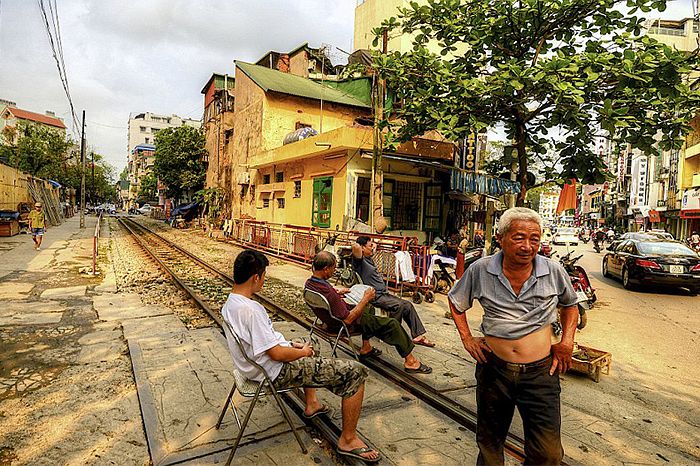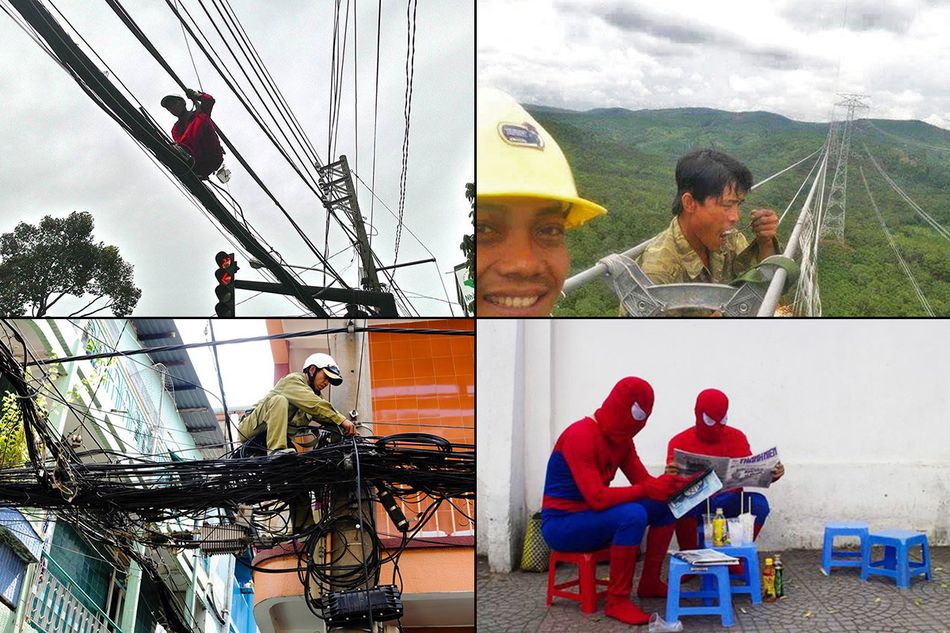Yet again the use of social technologies in schools is making headlines in Vietnam as concerns grow about the number of students using Facebook to express dissatisfaction about their schools and teachers.
According to Tuoi Tre, Education officials have noted a growing number of Facebook groups, with names such as “Group for people who hate teachers” and Group for people who can’t stand Teacher A”, which are attracting thousands of ‘likes’ from students who are leaving rude or malicious comments about their school staff.
“They used offensive words to talk about my personal life, and even the way I dress was mentioned” a high school teacher in Ha Noi claimed. “Although I have worked as a teacher for years, I was shocked to find that my students were saying bad things about me on Facebook.”
When confronted, students expressed discomfort about their social media activities being monitored by teachers and school staff, and claimed it was normal for them to discuss such things online. “The more students feel upset with their teachers, the more they badmouth them on social networks,” Huy Anh, an eleventh-grade student in the capital said.
Tran Khac Huy, Head of Student Affairs under the HCMC DOET, says it’s obviously difficult to manage social network use among students and knowing how to control it is problematic. “There is currently no specific regulation on how students use social networks. Facebook is a personal activity of students, so the school can only supervise and help them to use it appropriately,” he added.
One school in Ha Noi has taken the step of forbidding social media use by its students, especially Facebook which is seen as the biggest cause of problems. But while many school leaders agree controls are needed they do not believe that outright banning is the best way forward.
Some schools in HCMC have taken the approach of asking their students not to use social networks to speak ill of teachers or other staff. “Although we do not ban them from using the social network, we held a talk to speak with students about what should and should not be done on Facebook.” says Assoc. Prof. Cuong.
This approach has seen some positive results “although numerous students still don’t agree with the rules since they said social networking sites are the place they are free to talk, cyber badmouthing in the school has decreased remarkably.” Assoc Prof. Cuong went on to note. “At their age, they cannot estimate the consequences, so our responsibility as adults is to advise them on how to use the Internet in order not to harm other people and even themselves.”
The Department of Education and Training remains uncertain on an official policy towards social networks being used as means to attack schools and teachers. When asked, a spokesman announced “each school has its own rules to handle Internet defamation. If the case is serious, the department will come up with a solution.”
With the growing access to smart phones and increased use of social media, this is one problem that is not going to take care of itself.
[Tuoi Tre]














